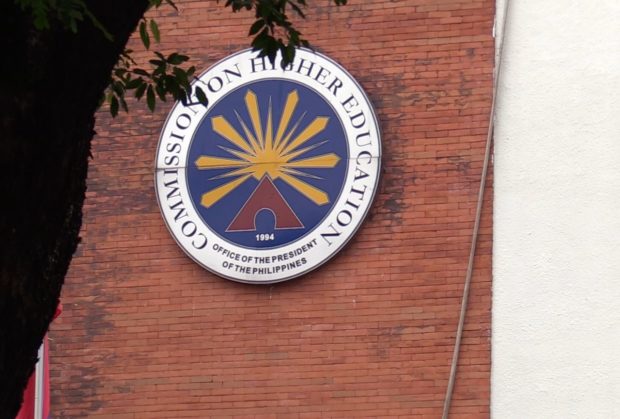CHEd flagged for failed IT development plan for SUCs
MANILA, Philippines — The Commission on Higher Education (CHEd) failed to implement the Smart Campus Development Program due to the six months it spent vetting and approving proposals, the Commission on Audit (COA) said in a 2021 report.
Aside from the lengthy time the agency took evaluating proposals, the state auditors said the P1.958 billion transferred to 89 state universities and colleges (SUCs) for the program was not returned to the national treasury after the validity of the Bayanihan 2 law ended on June 30, 2021.
This ended up “depriving the SUCs [of] the development/upgrading of their information and communications technology (ICT) equipment and capabilities toward a smart campus.”
However, CHEd maintained that it was able to implement the Smart Campus Development Program under the Bayanihan 2.
Enacted in September 2020, the Bayanihan 2 allotted P3 billion to help SUCs develop smart campuses through ICT investments like internet connectivity and campus area networks to “fully implement flexible learning modalities.”
Project proposals needed
Of the budget, P2 billion was earmarked for financial assistance in buying ICT infrastructure and learning management systems, while P1 billion was set aside for purchasing laptops for faculty.
The aid was not automatically granted to SUCs as they must first submit project proposals and supporting documents to be considered for grants ranging from P3 million to P25 million.
The CHEd received 238 proposals from 100 SUCs with a combined project cost of P4.8 billion. Of the total, 89 proposals worth P1.958 billion were approved with Western Visayas and Central Luzon having the highest number of recipient SUCs at 11 SUCs each.
The first batch of 22 proposals worth P497.69 million was approved on May 26, 2021, followed by the second and third batches worth P1.46 billion on June 7 that same year.
The fund transfers to the 89 recipient SUCs were done a few days later, on June 22, 23, and 28, or just a few days before the validity of funds under the Bayanihan 2 law expired on June 30, 2021.
The COA noted it took “nearly six months from the receipt of the 238 proposals on Nov. 17 to 20 in 2020 to the approval in principle by CHEd of the final batch of beneficiaries on June 7, 2021.”
Limited period
Moreover, the final approval of proposals was “way beyond the initial target of obligating the funds on Dec. 19, 2020,” as stated in a CHEd en banc resolution issued in October 2020.
Although a thorough vetting process for proposals for the program was important, the CHEd should “recognize that there is a limited period of time within which the program could be implemented, considering that it was meant to be a pandemic response,” the COA said.
“The CHEd should have considered expediting the vetting process and the approval of the project proposal so that the implementation and disbursement will not go beyond June 30, 2021, the last day of validity of the appropriation,” it added.
It noted that the 89 SUCs only had a “very limited period of time” to disburse the P1.958 billion they received in late June 2021.
As of Dec. 10, 2021, not one of them had completed their project under the Smart Campus Development Program, while 24 were in the procurement stage. Ten were in the initial phase while 16 had yet to start.
The COA also stressed that the funds, although transferred to the 89 recipient SUCs, “remained unexpended as of June 30, 2021,” and should have reverted to the national treasury as required by the Bayanihan 2 law.
In response, the CHEd said it was meticulous in evaluating the proposals because it wanted to safeguard public funds and ensure that these would be used appropriately.
It added that the program was implemented with the understanding that SUCs, as direct beneficiaries, had one year to complete their projects as stated in a CHEd memorandum and in their agreement with the agency.
RELATED STORIES
At least 102 SUCs in PH have internet connectivity — CHED
Ex-UP chancellor asks telcos to set up internet plans for students, faculties
